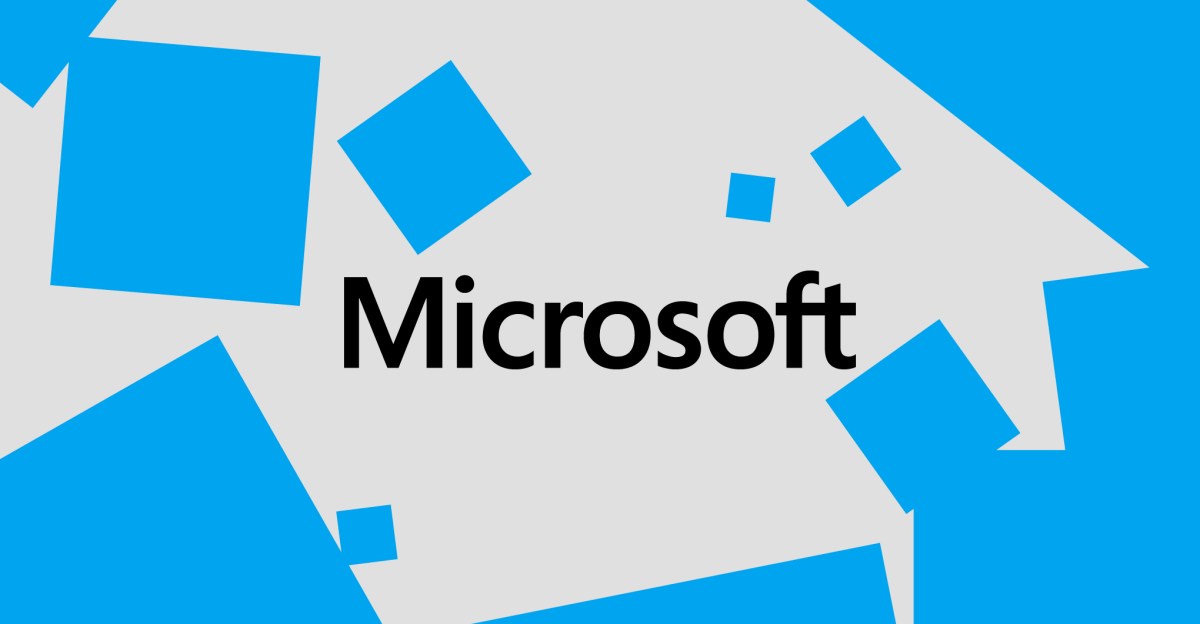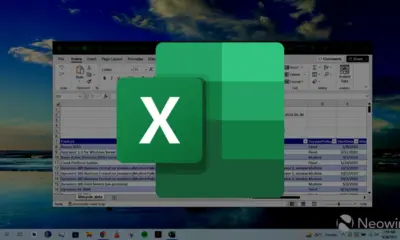Technology
Microsoft Faces Security Flaw in New NLWeb Protocol Deployment

Microsoft’s recent deployment of the NLWeb protocol has uncovered a significant security vulnerability, raising concerns about the company’s emphasis on security in its latest innovations. The NLWeb protocol, introduced as a solution akin to “HTML for the Agentic Web,” is designed to enhance search capabilities on websites and apps, similar to those provided by ChatGPT.
This critical flaw was discovered shortly after Microsoft began integrating NLWeb with clients such as Shopify, Snowlake, and TripAdvisor. The vulnerability, categorized as a classic path traversal flaw, permits unauthorized remote users to access sensitive files, including system configuration documents and API keys for platforms like OpenAI and Gemini. Exploiting this weakness is alarmingly straightforward, requiring only the input of a malformed URL.
Details on the Vulnerability and Response
The security breach was reported by researchers Aonan Guan and Lei Wang to Microsoft on May 28, 2023, just weeks after the protocol’s announcement. In response, Microsoft released a patch on July 1, 2023, but notably did not assign a Common Vulnerabilities and Exposures (CVE) identifier to the issue. A CVE designation is a critical industry standard that helps users track vulnerabilities and their fixes effectively.
Guan, a senior cloud security engineer at Wyze, commented on the implications of this oversight. He stated, “This case study serves as a critical reminder that as we build new AI-powered systems, we must re-evaluate the impact of classic vulnerabilities, which now have the potential to compromise not just servers, but the ‘brains’ of AI agents themselves.” This highlights the urgent need for heightened security measures in AI development.
Microsoft’s spokesperson, Ben Hope, affirmed the company’s commitment to rectifying the situation, saying, “This issue was responsibly reported, and we have updated the open-source repository. Microsoft does not use the impacted code in any of our products. Customers using the repository are automatically protected.”
Despite the patch, Guan warned that users of NLWeb need to implement a new build to fully eliminate the vulnerability. He specified that failure to update could leave public-facing NLWeb deployments susceptible to unauthorized access, potentially compromising sensitive data such as API keys contained in .env files.
Potential Consequences and Future Considerations
The ramifications of such a data leak could be profound. Guan emphasized that while exposing an .env file can be detrimental for any web application, it is particularly severe for AI agents. “These files contain API keys for LLMs like GPT-4, which are the agent’s cognitive engine,” he explained. “An attacker doesn’t just steal a credential; they steal the agent’s ability to think, reason, and act, potentially leading to massive financial loss from API abuse or the creation of a malicious clone.”
As Microsoft advances its integration of the Model Context Protocol (MCP) within Windows, security experts are advising caution. The NLWeb incident serves as a critical reminder for the tech giant to balance the rapid rollout of innovative features with a steadfast commitment to security.
The incident underscores an essential truth in technology development: while innovation drives progress, the foundation of that innovation must be secure. As Microsoft seeks to redefine how users interact with the web through AI, it must prioritize robust security measures to safeguard sensitive information and maintain user trust.
-

 Science1 month ago
Science1 month agoNostradamus’ 2026 Predictions: Star Death and Dark Events Loom
-

 Technology2 months ago
Technology2 months agoOpenAI to Implement Age Verification for ChatGPT by December 2025
-

 Technology7 months ago
Technology7 months agoDiscover the Top 10 Calorie Counting Apps of 2025
-

 Health5 months ago
Health5 months agoBella Hadid Shares Health Update After Treatment for Lyme Disease
-

 Health5 months ago
Health5 months agoAnalysts Project Stronger Growth for Apple’s iPhone 17 Lineup
-

 Technology5 months ago
Technology5 months agoElectric Moto Influencer Surronster Arrested in Tijuana
-

 Education5 months ago
Education5 months agoHarvard Secures Court Victory Over Federal Funding Cuts
-

 Health5 months ago
Health5 months agoErin Bates Shares Recovery Update Following Sepsis Complications
-

 Technology6 months ago
Technology6 months agoDiscover How to Reverse Image Search Using ChatGPT Effortlessly
-

 Technology7 months ago
Technology7 months agoMeta Initiates $60B AI Data Center Expansion, Starting in Ohio
-

 Science4 months ago
Science4 months agoStarship V3 Set for 2026 Launch After Successful Final Test of Version 2
-

 Technology7 months ago
Technology7 months agoRecovering a Suspended TikTok Account: A Step-by-Step Guide





















